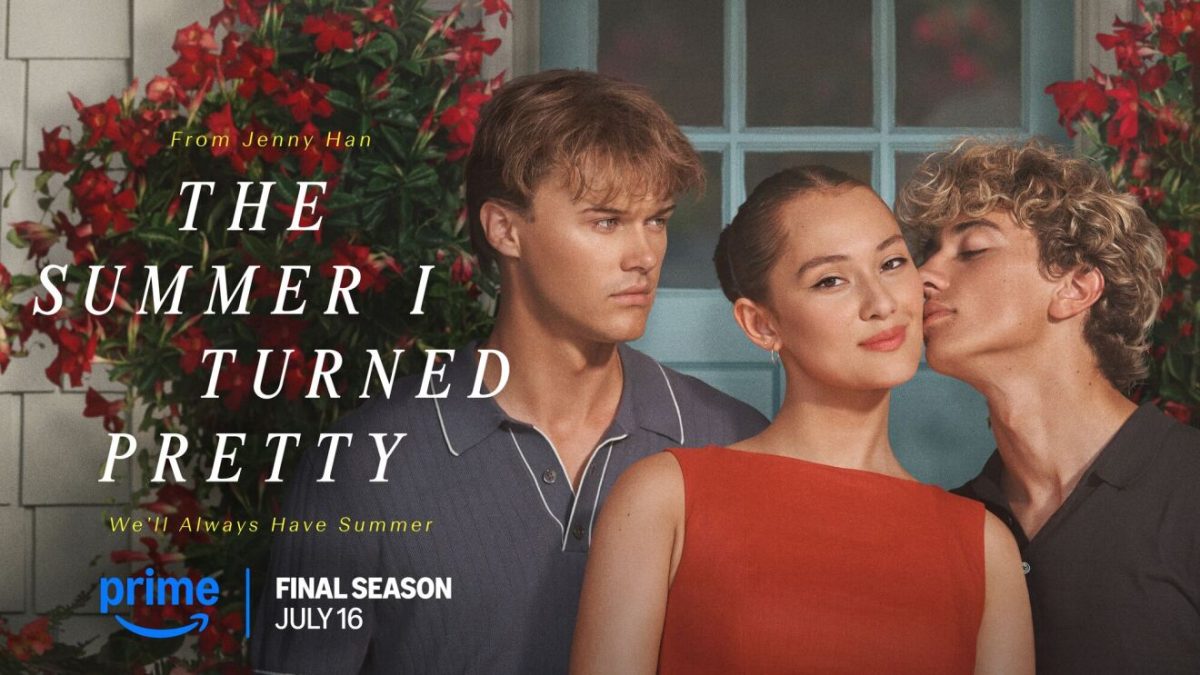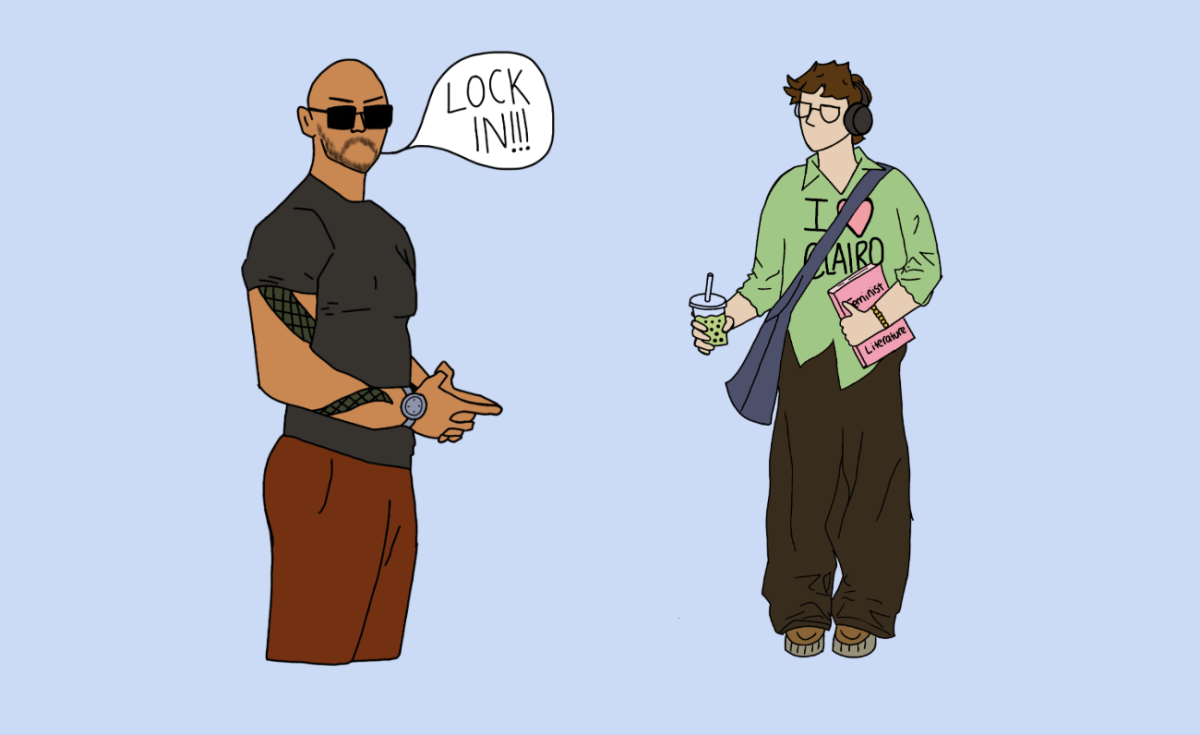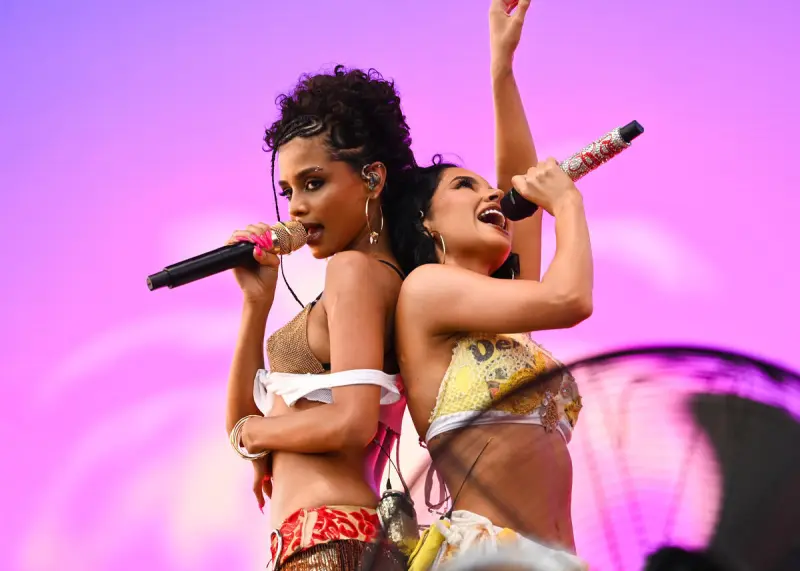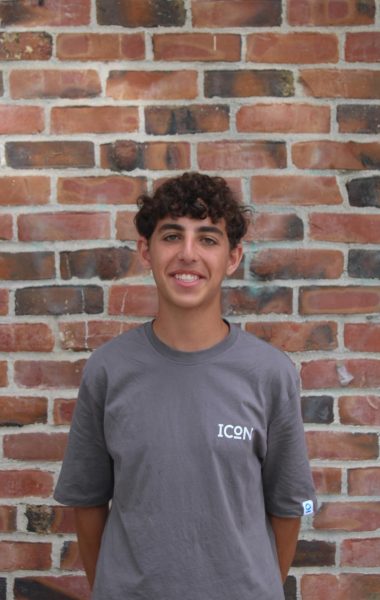Eurovision is a music competition like no other. Every year, millions of people around the world gather together to watch the biggest song contest in the world. Eurovision occurs annually in the country that won the previous year’s contest. In the contest, European Broadcasting Union (EBU) members send a new song to represent their nation. Each country selects its entry and singer through a national competition or an internal selection process, organized by its national broadcaster. These songs must be original compositions, written by the performers or in collaboration with professional songwriters.
The Eurovision Song Contest was designed to bring audiences together from different countries through music. Eurovision started in 1956 in Switzerland and originated from an idea developed by Sergio Pugliese and Marcel Bezençon. The first competition only had seven countries participating in total. But over the past 70 years, the small event has grown to over 40 countries participating, becoming a global phenomenon.
Nowadays Eurovision has welcomed nations outside of Europe to join the celebration of music, culture, and unity. 37 countries took part in the 2024 Eurovision Song Contest, which was won by Switzerland with the song “The Code,” performed by Nemo. In 2024, the competition reached over 165 million viewers in 37 markets, according to EBU.
“I’m rooting for Sweden because I’m Swedish, [it is] definitely my [number] one,” FHS freshman Livia Isaksson said. “I really hope they win.”
Personal connections like these are what makes Eurovision so special. Everyone has preferences regarding the competition, whether it is cheering for their country or supporting a fan favorite. With many styles and voices represented this year, it is hard to choose a favorite from upbeat songs about sunas like “Bara Bada Bastu” from Sweden to emotional ballads like Israel’s “New Day Will Rise,” which features lyrics in various languages. These contrasting staples reflect the diversity of Eurovision in sound, storytelling and performances. In addition, staging and visuals also play a huge part in the show.
“I think you should watch [Eurovision],” FHS junior Alessandra Santo said. “It’s fun if your country wins.”
Every year, fans from around the world cast their votes online to choose their favorite artist, which is later weighted in with judges’ votes from each country.
This year’s event kicked off with the first semifinal on May 13, the second semifinal on May 15 and the grand finale on May 17. During the semifinals, viewers watched as the artists put in all of their effort into qualifying for the final. The first semifinal had Norway, Albania, Sweden, the Netherlands, Iceland, Poland, San Marino, Estonia, Portugal and Ukraine impressing both jurors and viewers at home, securing their spots in the final. The second semi final saw a twist from the fan’s predictions with Lithuania, Israel, Armenia, Denmark, Austria, Luxembourg, Finland, Latvia, Malta and Greece all qualifying to perform in the final.
One thing is for sure: the true winner is both music and unity. For live updates and the 2025 Eurovision Song Contest winner, visit eurovision.tv.















